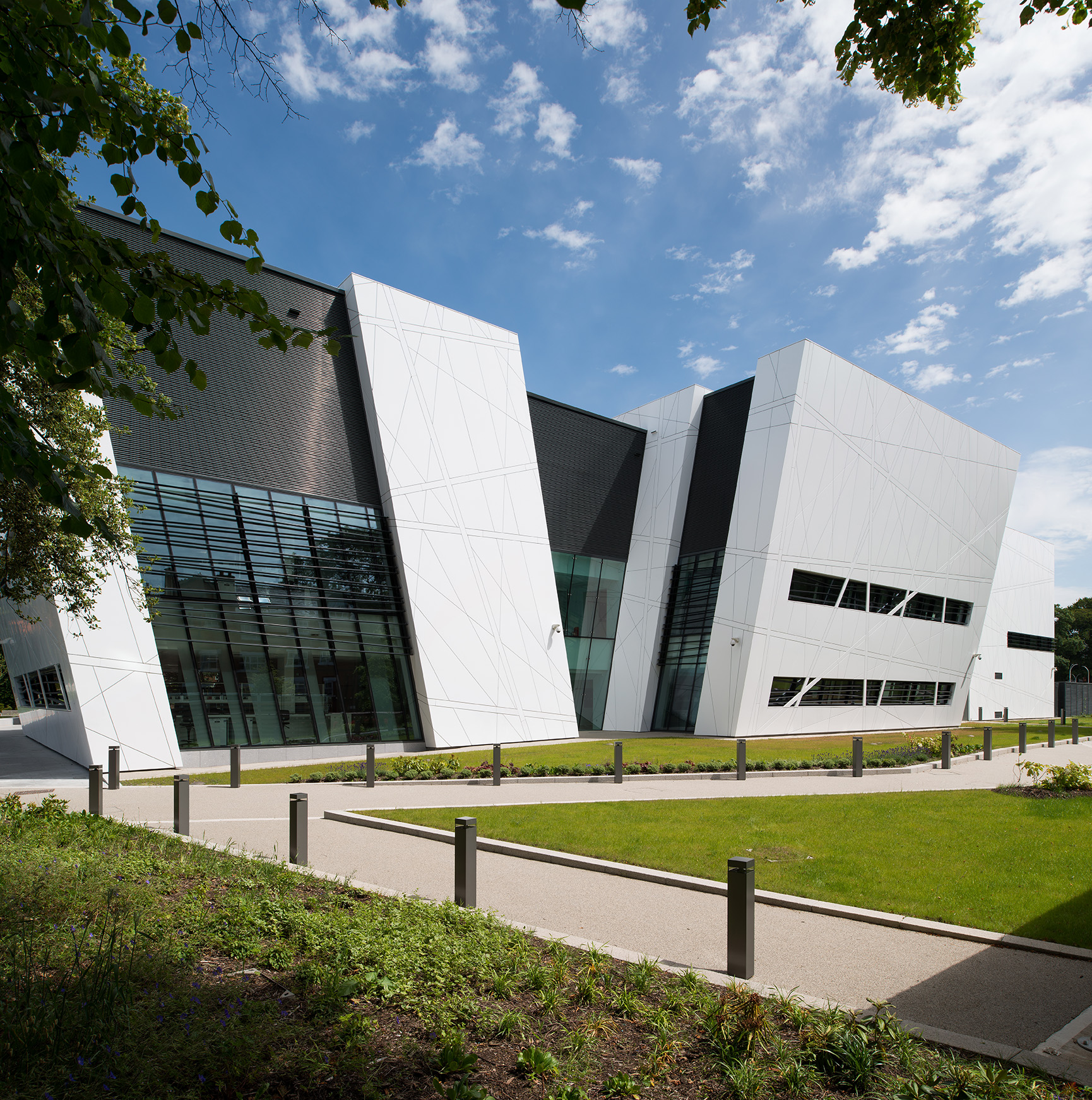Let’s talk about…Being a researcher with a long-term condition
In the latest of our ‘Let’s talk about…’ EDI seminar series, in partnership with Cancer Research UK (CRUK) our researchers covered ‘Being a researcher with a long-term condition’.
We heard from Dr Hamied Haroon, a Research Fellow in Medical Imaging from The University of Manchester, and founder and Chair of the National Association of Disabled Staff Networks (NADSN). He was followed by a panel comprising Prof. Martin Bushell, Associate Prof. Pippa Bark-Williams and Dr. Jessica Taylor, from the CRUK Scotland, City of London, and Cambridge Centres, respectively.
Dr Hamied Haroon
Research Fellow and Chair of NADSN
Hamied described his own personal journey as a disabled researcher before explaining his founding NADSN and its mission to improve access to research.
- His journey to being a researcher with a long-term condition started with good support whilst at school, but found there was limited physical access at university
- Good support from supervisors and managers has meant he is embedded in research, but not all have the same opportunity
- Forming the super-network that connects researchers with a long-term condition (NADSN) has helped raise awareness of the “hidden” (or invisible) disability and the “hidden” contributions they make
- NADSN’s STEMM action group created a problem statement that has defined the key areas where change is needed to make research more accessible:
- Enabling inclusive cultures and practices
- Enhancing accessible physical and digital environments
- Accessible and proactive funding
- NADSN worked with CRUK to ensure its guidance and support for disabled applicants and grantholders was inclusive and promoted accessibility.

Prof. Martin Bushell, Senior Group Leader, CRUK Scotland Centre
Martin discussed his severe dyslexia and how this affects the reading and writing he is expected to do as part of his job. He finds that this is rapidly forgotten by a majority of colleagues, and that support for his condition was better at school and university.

Assoc. Prof. Pippa Bark-Williams, Graduate Tutor, CRUK City of London Centre
Pippa has issues with auditory processing and has found this especially challenging with a move towards virtual teaching and new research buildings with challenging acoustics. The support she is offered rarely helps adapt to these new issues.

Dr. Jessica Taylor, Roger Ekins Postdoctoral Fellow, CRUK Cambridge Centre
Jess’ experience of rapid mood cycling, as a result of her bipolar disorder, can stretch her relationships with colleagues, and there is little way of mitigating this. She appreciates being allowed to work flexibly by her manager, and often prefers to work at less common hours of the day (or night).

Topics discussed by the panel and audience
- It can be tiring and difficult to repeatedly need to remind colleagues of the adjustments and flexibility you require.
- Funders like CRUK should increase expectations and requirements of organisations they fund, such as the network of CRUK Centres to demonstrate that they are supporting their disabled staff appropriately.
- It can take many years to be formally diagnosed and requiring this (known as the ‘medical model of disability’) should not be the sole reason for providing support.
- The ‘social model of disability’ indicates instead that attitudes, systems and spaces are the disabling factors in research, and attention should be focused on addressing these barriers.
- Awareness raising tools like sunflower lanyards are effective but not for all, as some researchers with a long-term condition find them overly-exposing.
Audience reaction 1
“Those of us who are lucky enough to work within a fully supportive environment feel like a weight has been lifted from our shoulders.”
Audience reaction 2
“…sometimes we don’t know what to ask for rather than how to get what we need.”
Audience reaction 3
“Thanks for sharing your experience, I am currently in the middle of getting a diagnosis and listening to you really helped.”
Take home messages
- Given the opportunity (and accessible environment), researchers with a long-term condition can be properly included.
- The medical model of disability (based on having an official diagnosis) encourages ableism; the social model of disability encourages the research system to address the barriers that disabled researchers face.
- Allyship needs to be permanent, and colleagues should strive to remember the needs of those with a long-term condition.
- There is no one-size-fits-all solution and both institutions and individuals need to be flexible to their colleagues’ requirements.
Navigation
Let's talk about...
Navigate back to our "Let's talk about..." EDI seminar series home page.
Let’s talk about…Work-life balance in research
Let’s talk about…Mental Health and Loneliness
Let's talk about...LQBTQ+ in cancer research
UoM Staff Network Groups
The University has a number of staff network groups which are co-ordinated by the Equality, Diversity, and Inclusion Team.
Bullying and Harassment Policy
We believe that bullying, harassment and discrimination are never OK. Each of the MCRC’s partner institutions have anonymous support in place for anyone who has experienced bullying or harassment of any kind.






